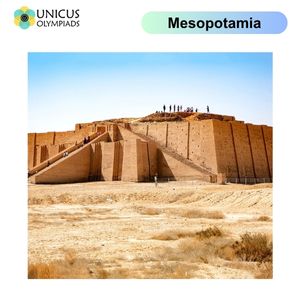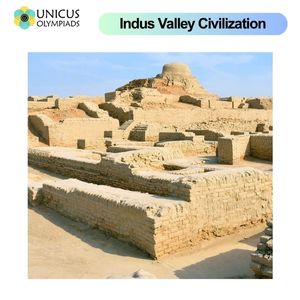

Early civilisations made remarkable contributions that continue to shape the world today. These achievements span a variety of fields, including technology, architecture, governance, mathematics, and art. From the Egyptians' monumental structures to the Sumerians' inventions, these early societies laid the groundwork for modern civilisation. Below is an exploration of some of the most notable inventions and achievements of early civilisations across different regions of the world.
Ancient Egypt, one of the oldest and longest-lasting civilisations, flourished for over 3,000 years along the Nile River. It is renowned for its contributions to architecture, writing, and religion. The Egyptians created one of the most influential cultures of the ancient world, with remarkable achievements that continue to fascinate people today.

Mesopotamia, often called the "Cradle of Civilisation," was home to several powerful empires, such as the Sumerians, Babylonians, and Assyrians. The region made critical advancements in writing, law, and urban development.

The Indus Valley Civilization, one of the oldest in the world, thrived in the region that is now India and Pakistan. Known for its advanced urban planning, trade, and engineering, the Indus Valley was an influential society.

Ancient China contributed numerous inventions and cultural developments that continue to influence the world today, from philosophy and governance to technology and the arts.

Ancient Greece is widely considered the birthplace of Western civilisation, with contributions to philosophy, democracy, mathematics, and the arts that continue to shape our modern world.

The Mesoamerican civilisations, including the Maya, Aztec, and Olmec, made important contributions to agriculture, astronomy, and governance in the Americas.
